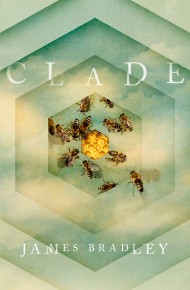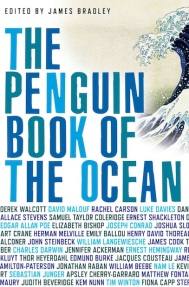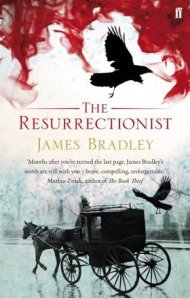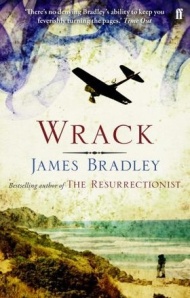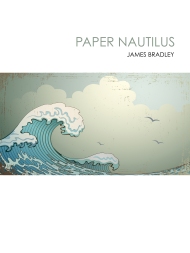The Resurrectionist Q&A
Who or what inspired you to write The Resurrectionist?
The book really began with the story of Burke and Hare, the two Irishmen who murdered sixteen people and sold their bodies to Dr Robert Knox in Edinburgh in the 1820s. The first time I heard it I couldn’t put it out of my head. There was something so appalling and yet so weirdly logical about the idea that people might be worth more alive than dead that I realized I needed to write about how someone might end up killing for profit, and what doing that might do to them.
The surgical descriptions are very detailed – how did you research this?
I realized pretty quickly after I started the book that I was going to need to see some real corpses before I could write about dissecting them, and so I arranged to assist at some dissection classes at the Medical School at the University of Sydney. Pretty quickly though I realized the bodies I was working with, which had been drained of blood and preserved in formaldehyde, weren’t enough like the ones I was writing about. And so a doctor friend arranged for me to attend a series of autopsies at one of the big Sydney hospitals. I’m not sure I understood before then what it’s like to work with the dead, how simultaneously intense and matter-of-fact it can be, but it was certainly an experience I’ll never forget.
The descriptions of London are also extremely vivid – how did you go about researching this? Are you a fan of London?
Although I’m mostly based in Sydney I’ve spent a lot of time in London over the last ten or fifteen years, and I know it pretty well. But in many ways that didn’t really help – the London I was writing about has now almost entirely vanished, and so had to do a lot of documentary research to reconstruct the streets and places the novel takes place in. So in the end I let a lot of that detail go, and just came back to trying to imagine what the London of the 1820s must have felt like – the fog, and the noise and the slums – and the way people could just vanish into the city and never be seen again. I wanted the sections in London to have the intensity of a particularly powerful dream, or nightmare, that strange sense of uncanniness and recognition.
Why do you think Gabriel allows himself to spiral out of control?
I think all of us have a self-destructive aspect to our natures which wants us to give ouselves over to events, to lose ourselves in the things we both desire and know we must resist. In Gabriel that urge is very powerful. For him letting go is a way of feeling real, of living in the moment, instead of on the outside. But it’s also a route to destruction, as he discovers to his cost.
Who is your favourite character of the book, and why?
I’m not sure I have a favourite character as such, though Gabriel is certainly a character I feel very close to, and who has a lot of me in him. What I do think is that a number of the characters have a very powerful presence, a sense that they are animated by very particular and often quite uneasy energies. And while there are characters like Robert, and even Charles, who serve as a sort of moral centre to the book, it’s the characters Gabriel finds in the city’s underworld – Lucan and Caley and Graves particularly – who are the most alive to me, even now.
The book deals with the idea of being reborn, new identities and freedom. Why did you choose to set these ideas against such a bleak backdrop?
The sections of the book in London inhabit a world in which human life is frighteningly cheap, a place where people are bought and sold every day. If I’d wanted to I probably could have stayed in that world, and just explored its darkness. But I also knew the book had to have a second act, a movement out of that darkness and into the light.
Right from the outset I knew that meant coming to Australia, but as the book took shape I realized what I was really writing about was whether someone who does the things Gabriel does can ever truly be free of their past. I don’t know that I have an easy answer to that question, but that’s partly because I don’t think there is an easy answer to it. Can we really escape our pasts? Can we truly be reborn and become someone new? I suspect the answer is we can’t, and that in the end the question is more one of what accommodation we can find with our pasts.
Did writing the book make you feel any different about the subject it deals with? For example, the trade in stolen bodies, or that evil can never be taken back?
A lot of things changed for me in the writing of the book. In particular I came to a quite different understanding about death, and the body, and mortality, a sense of the way we are both our physical bodies and something more. And I found myself brought back again to the question of what happens when we die, where we go in that space between life and death. I think anyone who has watched somebody die understands the sense that something happens in that moment, something present leaves, but what that something is, what it means, is much less clear.
What would you like people to take away from the book?
I’d like people to think about the invisible threads that bind all of us to each other. And about the way we are all more than the sum of what we’ve done and who we’ve been. Because in the end it’s these questions about how we leave the past behind, how we live with what we’ve done that the novel is grappling with.



